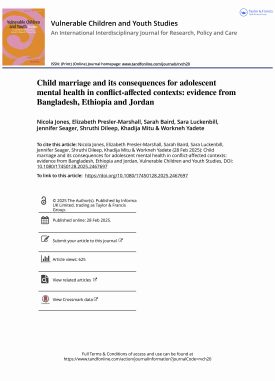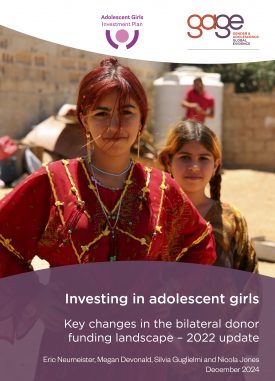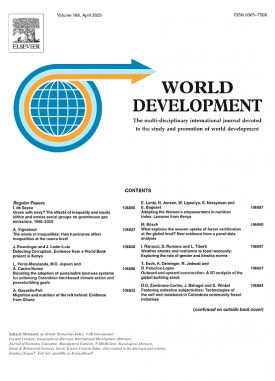Many of the 860,000 Rohingya refuges living in Cox’s Bazar have been – and continue to be – affected by human rights abuses, domestic violence, sexual and gender-based violence (SGBV) and are also at risk of trafficking. Host community residents also have complex unaddressed protection needs, including a high risk of child marriage for adolescent girls in the Ukhia and Teknaf upazilas, coupled with a perceived deterioration in community security, exacerbating women and girls’ freedom of movement in particular. To address these risks, humanitarian organisations have mobilised to provide a range of services including referrals, case management and gender-based violence (GBV) services across all 34 camps and in 6 host communities.
Critical service gaps remain, in terms of funding and coverage. The United Nations Office for the Coordination of Humanitarian Affairs (OCHA)’s Financial Tracking Service (FTS) reported that only 75% of the Rohingya and host community response plan appeal funding was met in 2019 and that the GBV sub-cluster received just 46% of appeal requirements. In terms of coverage, adolescents are among those most at risk of being left behind: the Inter-Sector Gender in Humanitarian Action Working Group reported that ‘adolescents are increasingly marginalized and at risk of significant protection threats’ and concluded that programming does not accurately address the specific risks faced by adolescent girls and boys.
Drawing on data from the Gender and Adolescence: Global Evidence (GAGE) study nested within the larger Cox’s Bazar Panel Study, this policy brief discusses the age- and gender-based violence risks facing adolescents from Rohingya refugee and Bangladeshi host communities. It concludes with recommendations to accelerate progress towards addressing critical protection gaps for adolescents as the Rohingya crisis becomes more protracted.
Suggested citation
Guglielmi, S., Jones, N., Muz, J., Baird, S., Mitu, K. and Ala Uddin, M. (2020) ‘Age- and gender-based violence risks facing Rohingya and Bangladeshi adolescents in Cox’s Bazar.’ Policy Brief. London: Gender and Adolescence: Global Evidence. (https://www.gage.odi.org/publication/age-gender-based-violence-risks-rohingya-bangladeshi-adolescents/)


